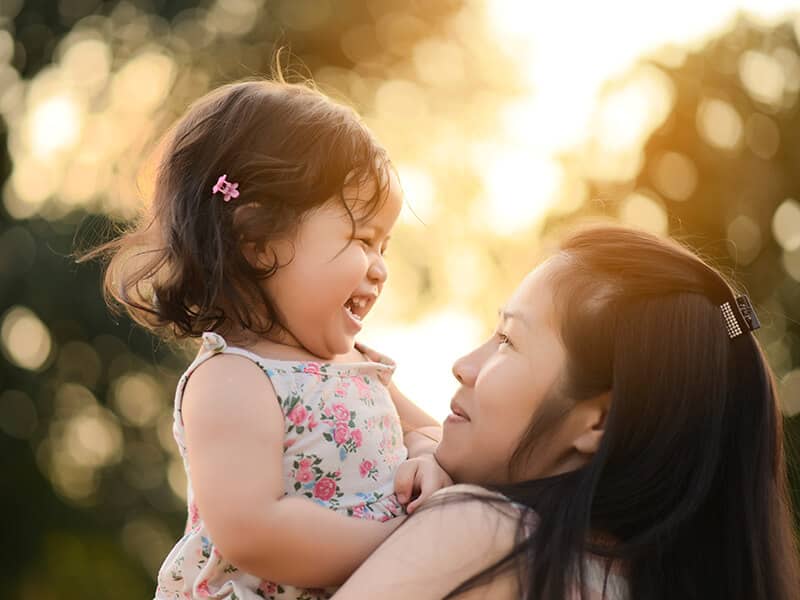"Until there is a child born, the state doesn't have a right to take somebody into custody because they don't like the way she is handling her pregnancy," said a staff lawyer of the American Civil Liberties Union of Massachusetts.
I am an unequivocal supporter of women's reproductive rights, but they aren't the central issue in this case. Nor is freedom of religion. It's frustrating that there is so much secrecy surrounding the Attleboro sect that a lot of the facts in this case are hard to pin down--Corneau refused to even acknowledge her pregnancy when she appeared before the judge and when she talked with a court-appointed public health nurse. But what we do know suggests enough parallels to other extreme religious groups to indicate that Rebecca Corneau lost control of her privacy and her body a long time ago.
Until her incarceration, Corneau lived in a house in Attleboro, Mass., with a group of 13 interrelated adults who refer to themselves as "The Body." The group, led by Roland Robidoux, dates back to the late 1970s but has grown radical and isolated in recent years, refusing all contact with modern medicine or the legal system, and rejecting the banking system, organized religion, education, science, and the arts (several years ago they destroyed all the books in their home except Bibles), and they do not acknowledge the existence of the United States. They believe this to be God's will.
Attleboro police began investigating Corneau's sect last fall, after a former member turned over to them another member's 10-page diary documenting the death of 10-month-old Samuel Robidoux, Roland's grandson, who starved to death when his parents, believing they were doing so on direct instructions from God, gradually stopped feeding him. Samuel wasn't the only infant in the group who died. The other was Samuel's cousin Jeremiah Corneau--Rebecca's son. She has told prosecutors that the baby was stillborn, but they say the evidence shows he died because his lungs were not aspirated at his unattended home birth. (Although no bodies have been found after several searches, police say they have evidence that the babies were buried in two small makeshift coffins in a state park in Maine.)
Members of the sect rejected court-appointed lawyers, declined to answer questions about baby Samuel's death, and refused to invoke the Fifth Amendment, which would have implied their participation in the legal system. Frustrated, the juvenile court judge in Attleboro pronounced the two missing babies dead, separated members of the sect and placed them in different Massachusetts jails, and ruled them unfit parents. Eight of the sect's children were taken into state custody and put up for adoption.
And so Corneau was escorted by state troopers to the prison hospital. At birth, her child is expected to be taken into state custody.
There is no precedent for this case, and the judge's behavior has been strange, to say the least. He has refused to discuss the evidence, except to call the group "extreme and bizarre" and "dangerous and destructive." But in the aftermath of Waco, we are more aware than ever that even people most of us find "bizarre" have civil rights. In the courtroom, the judge read a Bible passage to Roland Robidoux's son and successor, Jacques, calling him a "false prophet" and said, "I sense this child is saying to me, 'I want to live. I don't want to die like my brother Jeremiah did." Some people are wondering whether the judge thinks he is operating on direct instructions from God, too.
Still, when considering whether Rebecca Corneau's detainment violates her civil rights, the question needs to be asked: Who has really robbed her of her rights, the government or her religion? In a highly coercive religious group, conception, pregnancy, and child-rearing are typically controlled not by individual women but by the leader.
It is a mistake to confuse a sect like this with a religion, such as Christian Science, that advocates natural healing. In coercive sects, through intense indoctrination and physical isolation (what the psychiatrist Robert Jay Lifton calls "milieu control") bonds between mothers and children are broken down, and members are faced with bizarre all-or-nothing choices--between God and physicians, between the cult and the legal system, between the cult leader and the baby. One of the most chilling examples in recent history is Jonestown, where Jim Jones ran dozens of suicide drills testing parents' loyalty to him, until finally they used syringes to squirt purple Kool-aid laced with potassium cyanide and tranquilizers into their babies' mouths.The vision of a predatory state government imprisoning a mother-to-be and poised to take away her child at birth is not a pleasant one. But two of the Attleboro babies are already dead. When religious groups like "The Body" cloak themselves in the First Amendment (whether they believe in it or not) as a cover for absolute control of members' minds and bodies, the rights of children must be protected.

